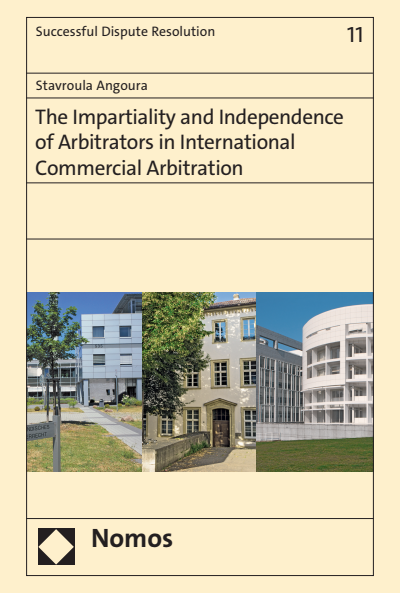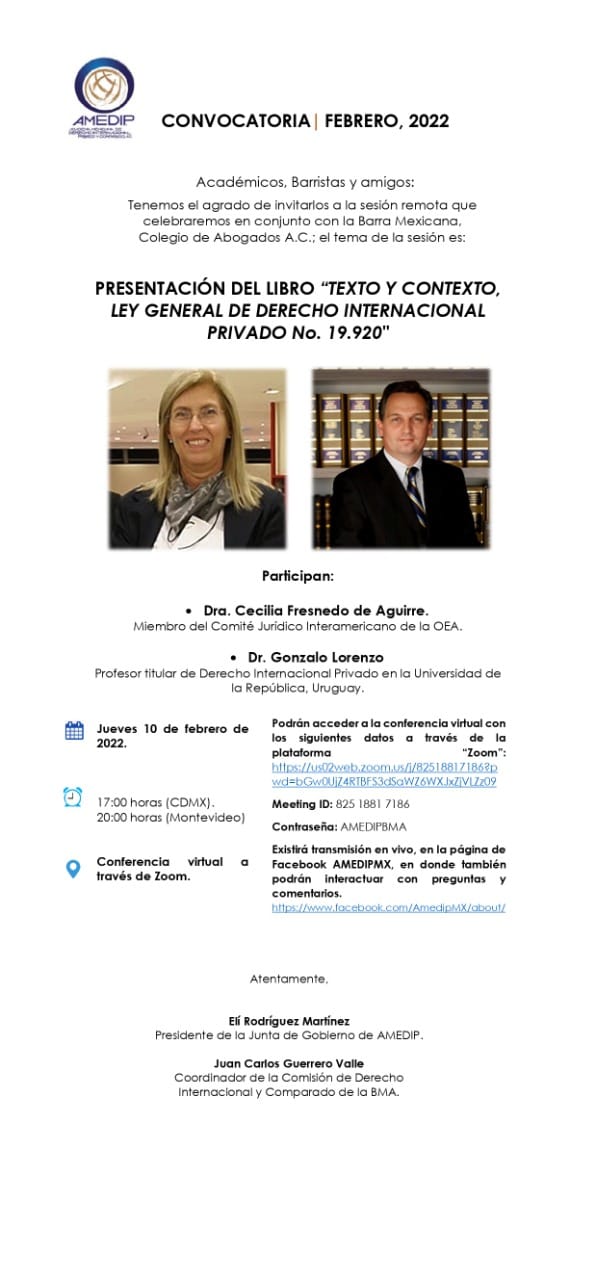The Société de législation comparée is organising, in partnership with the French Conseil supérieur du Notariat, the universities of Nîmes, Strasbourg and Lyon and with the Institut des Usages (Montpellier), an international symposium dedicated to the Certificat de coutume.
The importance of the subject is major. Statement or written certificate on the content of a foreign law rule, the Certificat de coutume is subject to a heterogeneous practice both in terms of its establishment and its processing.
Ignored by many jurists, its reliability is often called into question due to a double insufficiency that it may conceal: with regard to the law attested when it is issued by a public authority, with regard to the impartiality when it is issued by a private person.
However, these criticisms are not insurmountable. In addition to the combination with other means of establishing the content of the foreign law rule in question, the Certificat de coutume does not avoid obliterate any contradictory discussion and the freedom of interpretation of the authority before which it is produced. The liabilities associated with the Certificat de coutume, whether that of the drafter, the counsel of the parties or the notary using such a certificate, constitute a formidable safeguard against tendentious approaches.
Above all, we must not ignore the virtues of empiricism, which could – in these times of debates regarding a future codification of French private international law – reveal important and good practices to be considered de lege ferenda.
The real added value of this project therefore lies in the desire to lift the veil on the Certificat de coutume, which currently constitutes a blind spot in private international law. Its name is certainly known to all, but its legal system still appears to be embryonic. The ambition of the symposium is to do constructive work and to offer concrete proposals, fruit of a collective reflection, bringing together the essential players in this field.
The symposium will be held in French on 12 April 2022 at the Amphitheater of the French Higher Council of Notaries (60 boulevard de la Tour-Maubourg – Paris, 7th).
Prior registration is required before April 7, 2022 by sending an email to: emmanuelle.bouvier@legiscompare.com
Conference validated as continuing education for lawyers.
Programme and description in French: https://www.legiscompare.fr/web/Certificat-de-coutume-Pratiques-en-droit-des-affaires-internationales-12-avril
The Programme is as follows:
CERTIFICAT DE COUTUME
Practices in international business law
Scientific direction
Gustavo Cerqueira, professor at the University of Nîmes
Nicolas Nord, Secretary General of the International Commission on Civil Status
Cyril Nourissat, professor at Jean Moulin University – Lyon 3
Opening / 8:45 a.m.
Me David Ambrosiano, president of the Conseil supérieur du notariat
Me Pierre-Jean Meyssan, 2nd vice-president of the CSN, in charge of legal affairs
Introduction / 9:00 a.m.
Certificat de coutume: historical and functional aspects
Bertrand Ancel, professor emeritus at the University of Paris II Panthéon Assas
I. Establishment of the certificat de coutume / 9:30 a.m.
under the chairmanship of Bernard Haftel, professor at the Sorbonne Paris Nord Univ.
9:30 a.m. The purpose of the certificate
Determination of the purpose of the certificate
Gilles Vercken, lawyer at the Paris Bar
Attestation of uses
Pierre Mousseron, professor at the University of Montpellier
Kevin Magnier-Merran, lecturer at the University of Lorraine
Articulation of the sources of foreign law
Gustavo Cerqueira, professor at the University of Nîmes
Coffee break
10:50 a.m. The writer of the certificate
The plurality of actors
Nicolas Nord, Secretary General of the ICCS
The challenges of choosing an editor
Karlo Fonseca Tinoco, lawyer at the São Paulo Bar
11:30 a.m. The certificate method
Developing the certificate – comparative approaches
Alejandro Garro, professor at Columbia University, NY
Editor’s discretion
Cyril Nourissat, professor at Lyon 3 University
II. The processing of the certificat de coutume / 2:00 p.m.
under the chairmanship of Laurence Usunier, professor at CY Cergy Paris Univ.
2:00 p.m. The interest of the certificate for the parties
Jacques-Alexandre Genet, lawyer at the Paris Bar
2:20 p.m. The value of the certificate for the authorities
Jean-Luc Vallens, honorary magistrate, former Pr. assoc. at Unistra
Louis Degos, arbitrator, managing partner KL Gates LLP – Paris
Pierre Tarrade, notary, rapp. general of the 115th congress of notaries of France
3:20 p.m. Certificate distortion control
Sylvaine Poillot-Peruzzetto, SE Advisor at the Court of Cassation
Coffee break
III. Certificat de coutume Responsibilities / 4:00 p.m.
under the chairmanship of Etienne Farnoux, professor at Unistra
4:00 p.m. The editor’s responsibility
Thibault de Ravel d’Esclapon, lecturer at Unistra
4:20 p.m. The responsibility of the council of the parties
Olivier Berg, lawyer at the Paris Bar
4:40 p.m. The liability of the notary using a certificate
Marc Cagniart, first vice-president of the Chamber of Notaries of Paris
Conclusion: Perspectives de lege ferenda / 5:00 p.m.
Pascal de Vareilles-Sommières, professor at the University of Paris I



